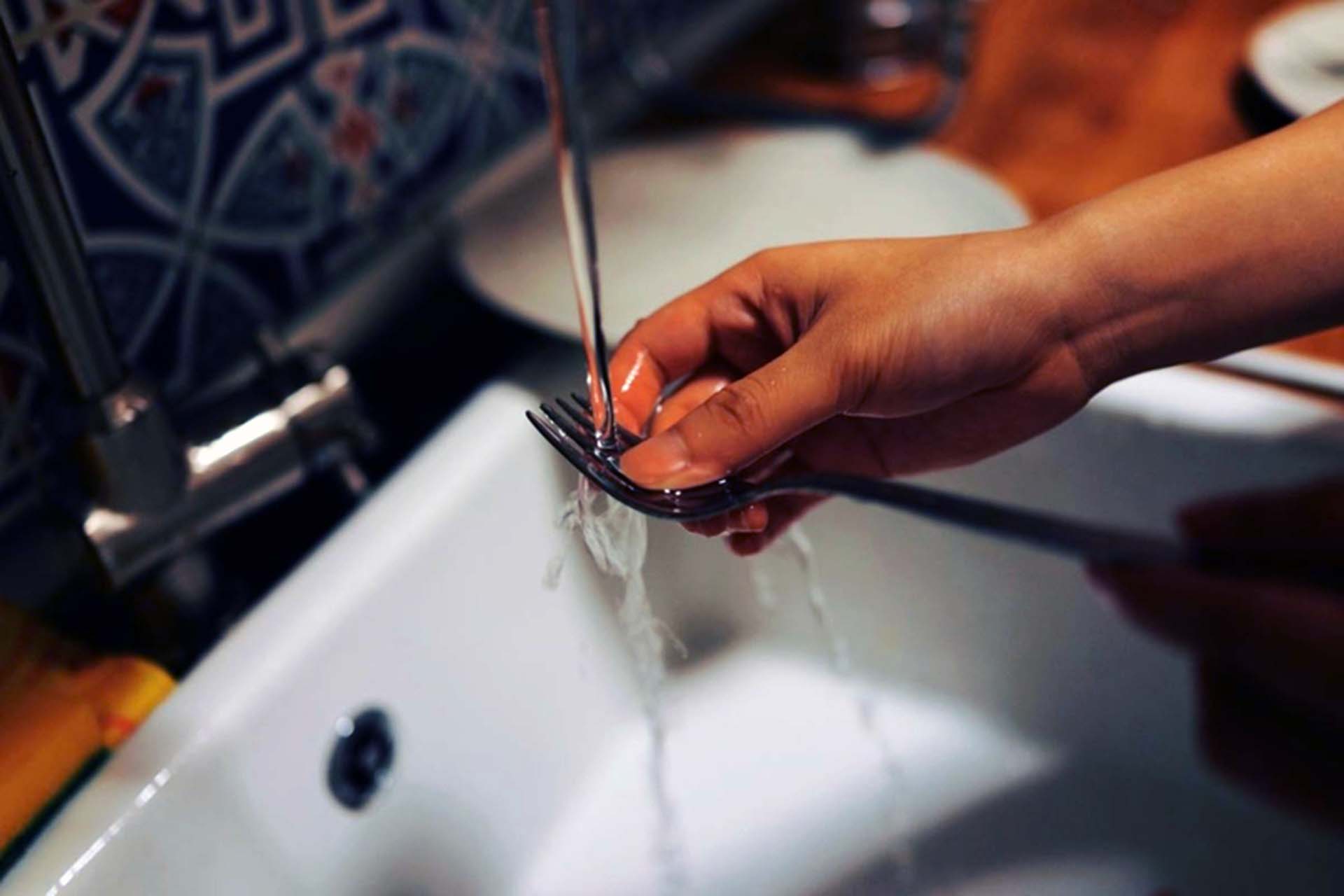
Youth Ambassador Millie Martin speaks with Avril Sharp of Kalayaan, an NGO advocating for migrant domestic worker rights. This two-part series takes a look at gender divisions and domestic servitude.
Gender divisions are still present in public opinion, and their reach extends to how exploitation is experienced, depending on whether the victim is a man or a woman. The gender divide for human trafficking on a global scale is evident; according to ILO statistics, of the 40.3 million victims of modern slavery estimated to be in the world today, 71% of them are women and girls. This is an alarming figure. In the UK, while the total number of reported cases doesn’t show much difference between the number of women victims and their male counterparts, the contrast becomes quite stark when narrowing down the exploitation type. According to the National Crime Agency in 2016, of the number of domestic servitude cases reported, 259 involved women, compared to the 67 cases involving men. By investigating gender divisions and the impact they have on domestic labour we can begin to understand why women are more likely to be exploited in situations of domestic servitude.
Domestic Labour
Gender divisions are present within domestic labour, as the perception is that domestic work is women’s work. This perception is highlighted in a survey, which was conducted where the public were asked the whether they would hire a male or female au pair and 64% of host families who responded to the survey stated that they would not consider hosting a male au pair. These perceptions translate to exploitative labour as well, as the number of women trapped in domestic servitude in the UK is higher than the number of men. Domestic labour is a sector that is vulnerable to exploitation, which results in increased vulnerability of domestic labourers, who by and large are women.
Avril Sharp (AS), Policy and Casework Officer at Kalayaan, explains how gender roles play out when it comes to domestic servitude.
“Last year, 18,950 migrant domestic workers (MDWs) were issued a visa to come to the UK and work for their employer. 75% of these were women. They work as nannies, care givers to the sick and elderly, cooks, cleaners and gardeners. Despite domestic work being essential for the economy outside of the household to function, this work continues to be undervalued and not seen as real work. The isolated and unregulated nature of this work, together with the dependence of MDWs on their employers for their work, accommodation and information on their rights in the UK leaves them particularly vulnerable to abuse.
“Kalayaan works with men and women from all over the world. Gendered assumptions about domestic work and its value mean that for the minority of men who are MDWs, they are treated with suspicion and deemed not to have a serious job.”
Vulnerability
It is clear that domestic work in particularly vulnerable to exploitation. It takes place out of sight and therefore any exploitation that occurs is easy to hide. This also means that the women who are domestic workers are often hidden from the public. Domestic servitude is then underreported and we are not aware of the true scale of the problem. We often do not think about the people that clean the buildings we work in, as we do not see them. They are a hidden workforce. According to a 2014 report published by the Equality and Human Rights Commission, the non-domestic cleaning sector contributes more than £8bn to the economy each year made up of an invisible workforce of around ½ million people, the majority being women.
AS: “MDWs are dependent on their employer for all information about their immigration status. Many do not know the visa they travelled to the UK on or the terms of it. Between April 2012 and April 2016, MDWs arriving in the UK were tied to their employer on a non-renewable 6-month visa. This meant that workers were prohibited from changing employers and effectively prevented from challenging any abusive treatment. If a worker did leave their abusive employer, they were in breach of the terms of their visa, undocumented and at risk of removal from the UK. Evidence collected by Kalayaan over a 4-year period showed that levels of abuse were significantly higher for those on the tied visa from those on the original Overseas Domestic Worker visa introduced in 1998.
“Following a long and sustained campaign by Kalayaan and our supporters, the government agreed that workers in abusive and exploitative relationships should be allowed to leave their employer without becoming criminalised for doing so, however this is only so long as their 6-month visa remains valid. In practice, workers who leave their employer will have just a few weeks or months remaining on their visa in which to find alternative work. They will be without references and in a lot of cases without their passport and visa as proof of their right to remain in the UK. It will be extremely difficult, if not impossible, for domestic workers to find decent work and change employer in this short time frame. MDWs are left with the choice of remaining in an exploitative situation, risk entering into a new one or with no work and no recourse to public funds, becoming destitute. Kalayaan believes that the right to change employer in the first six months will not lead to workers having greater confidence in reporting their employers and will not enable them to safely enter into a new working relationship. It will strengthen the hand of the exploitative employer who will know it is unlikely domestic workers will change employers given the difficulties in finding work in such a short period.”
What can readers do?
AS: “Raising awareness of the unique vulnerabilities faced by MDWs in the UK remains crucial in combating domestic servitude. Although this is mostly a hidden crime, there are signs that people can look out for. Many MDWs report to Kalayaan that they were approached by people in their communities, sometimes of the same nationality or faith or a concerned member of the public. They might approach them in public spaces and talk to them discreetly if their employers are nearby and it is safe for them to do so. Some MDWs stay in hotels when they accompany their employers to the UK and report talking to hotel staff to ask for pillows and blankets as they are made to sleep on the floor. Sometimes they ask for food if they are denied this by their employer. If readers come into contact with MDWs, they can refer them to Kalayaan for free and confidential advice, advocacy and support. Our number is 0207 243 2942.”
- Lutz, H. (2008). Migration and domestic work: A European perspective on a global theme. New York, NY: Ashgate
- Anderson, B. (2007). A Very Private Business. European Journal of Women’s Studies, 14(3), pp.247-264.


